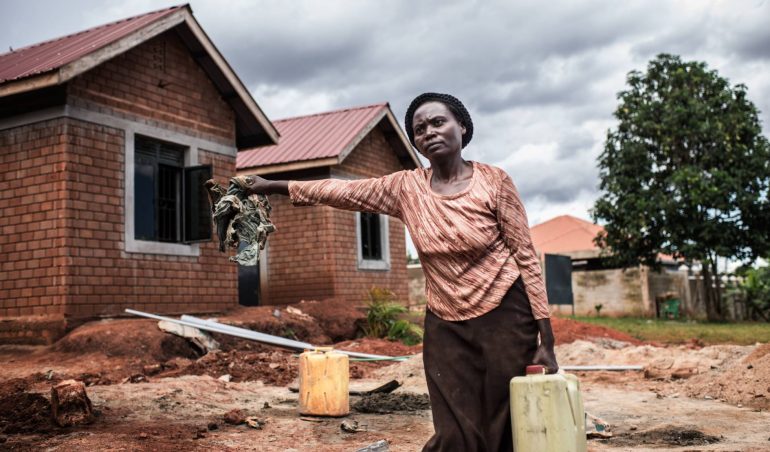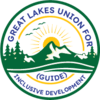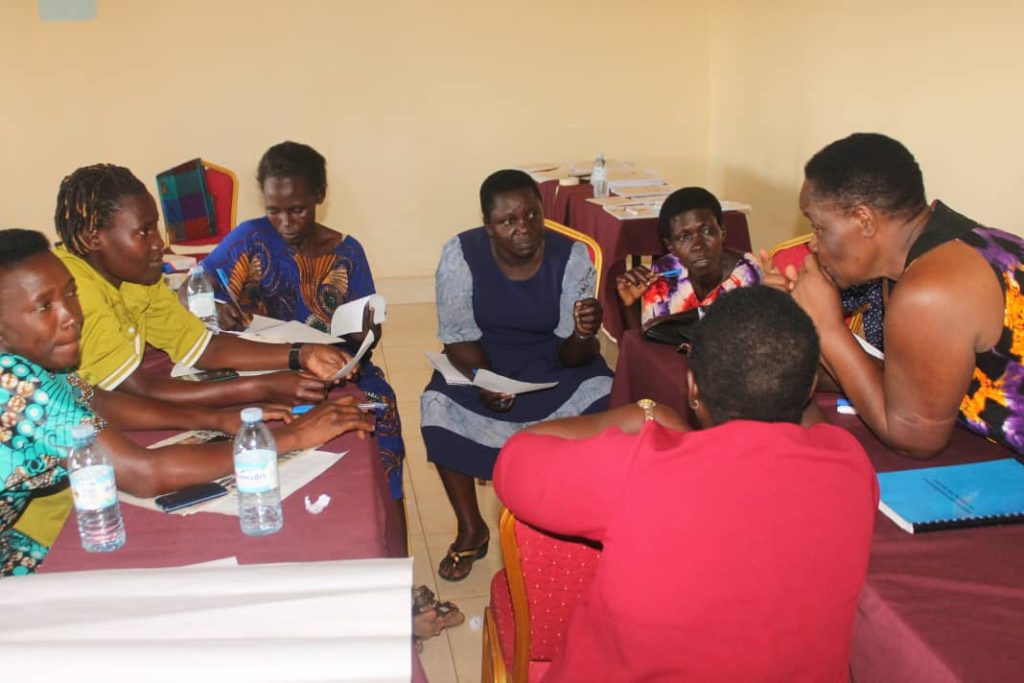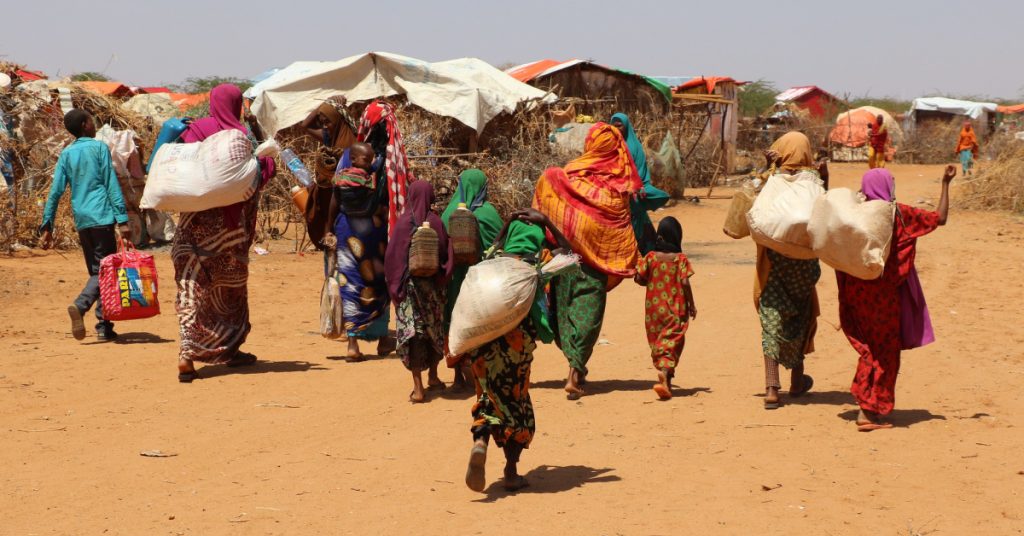SUPPORTING REFUGEE WOMEN’S ENGAGEMENT IN CLIMATE-INDUCED CONFLICT MITIGATION
Project Location: Nakivale Refugee Settlement, Kiryandongo Refugee Settlement, and Bidibidi Refugee Settlement.
Context: Climate change impacts such as increasing temperatures and droughts have increased competition for the scarce natural resources in Uganda’s refugee contexts, making livelihoods less secure. Water shortages caused by drought or rainfall fluctuation are exposing refugee women and girls– who are responsible for water collection in 80 percent of households – to increased risks of sexual and gender-based violence. According to a study Water insecurity and SGBV among refugees in Uganda, women and girls are overwhelmingly exposed to rape, due to their gender roles as water collectors. Lack of rights awareness, advocacy skills and resources, coupled with harmful cultural norms and weak institutional policies are exacerbating climate-induced GBV against women refugees and their lack of representation in climate-related conflict response in Uganda.
Key Project Achievements:
-
60 women councilors trained in integrating gender and security in climate adaptation in the refugee contexts.
-
90 refugee women CSO leaders skilled in gendered strategies for climate justice advocacy and integrating climate considerations into peace mediation efforts
-
2 stakeholder dialogues conducted on emerging climate change/ DRR and gender equality issues in refugee contexts.



